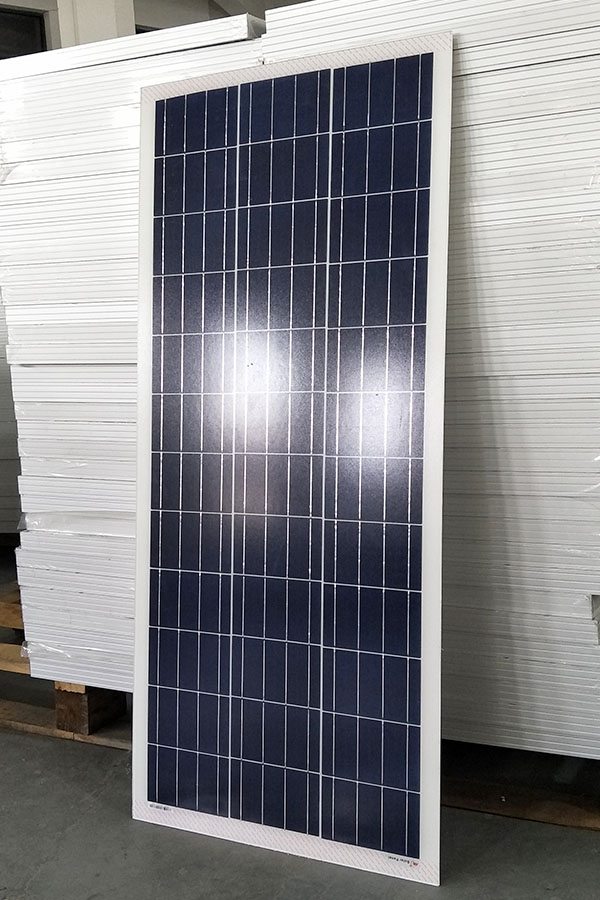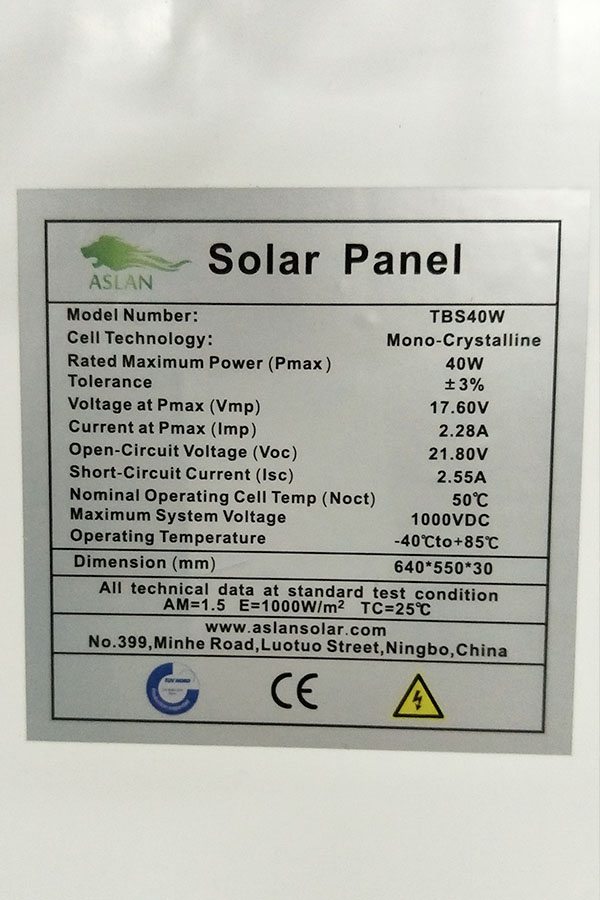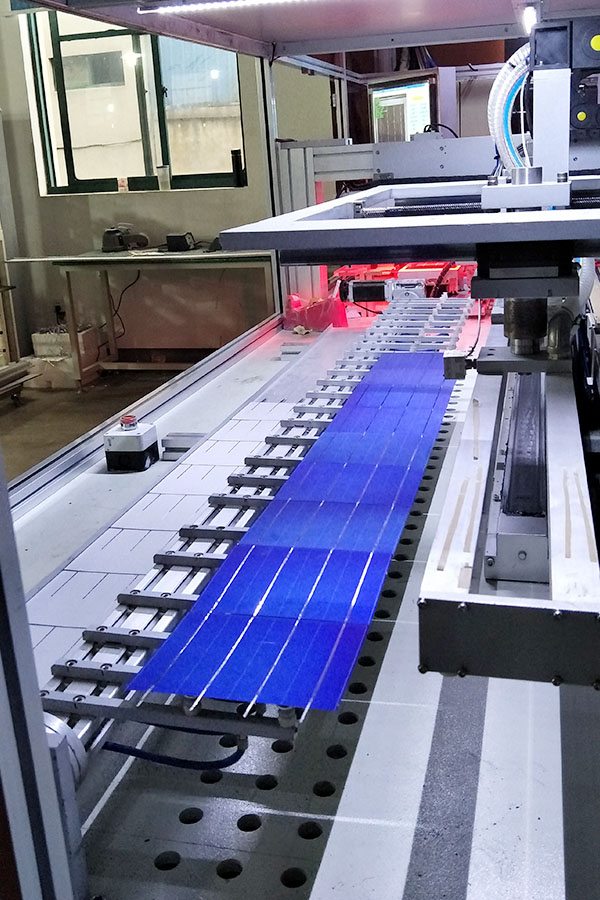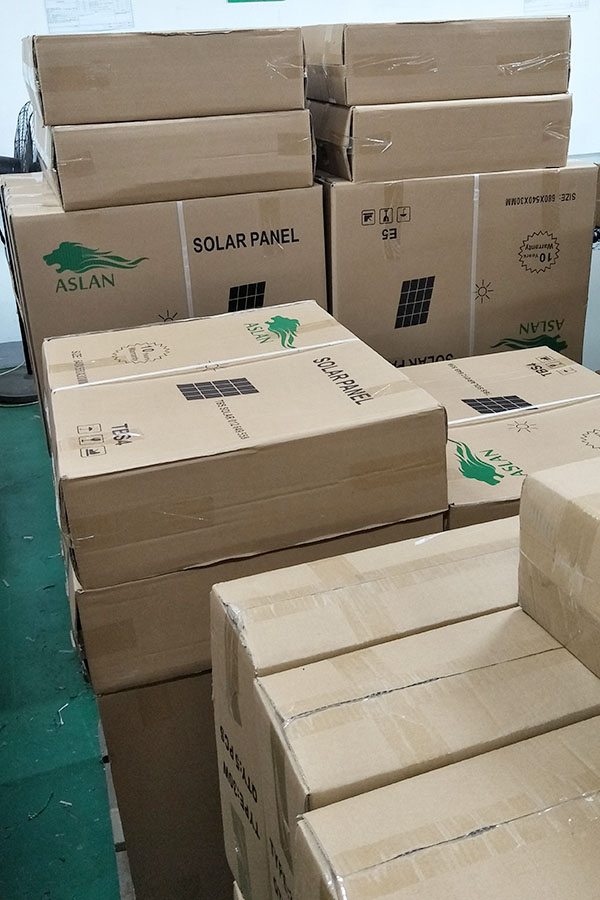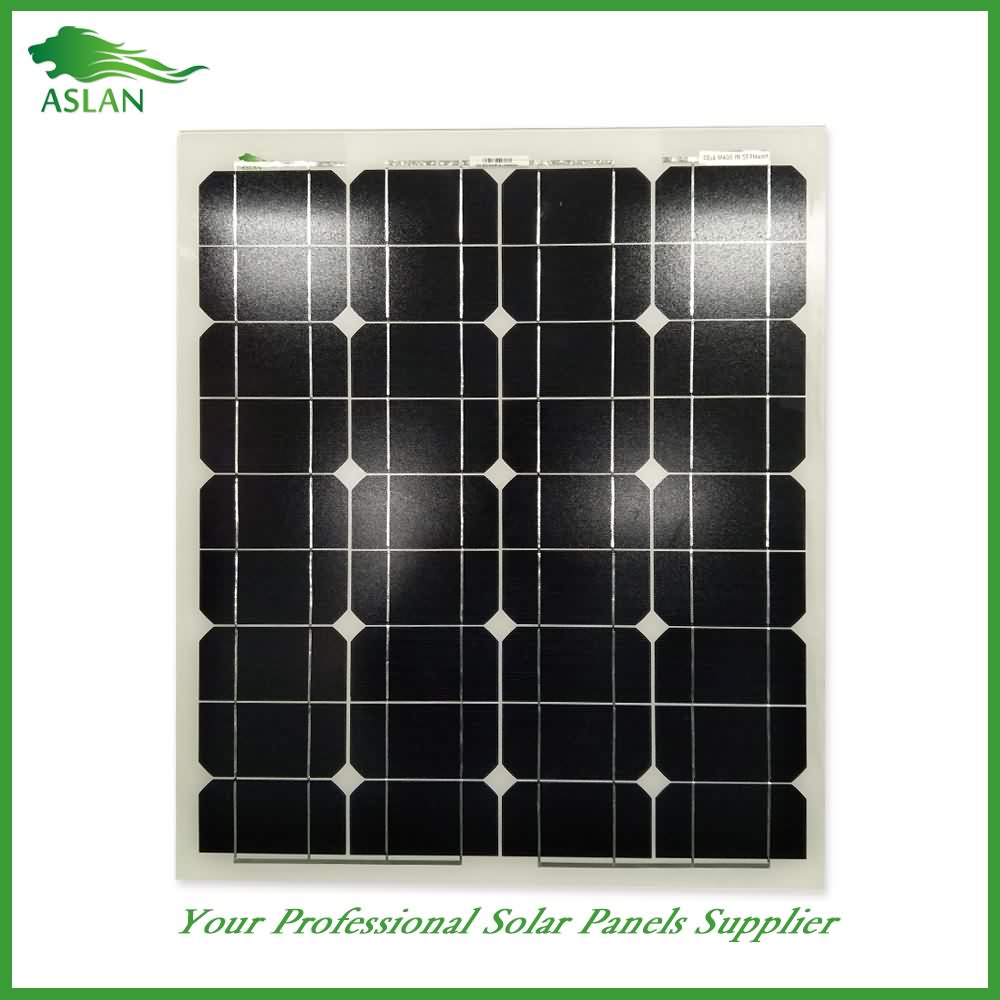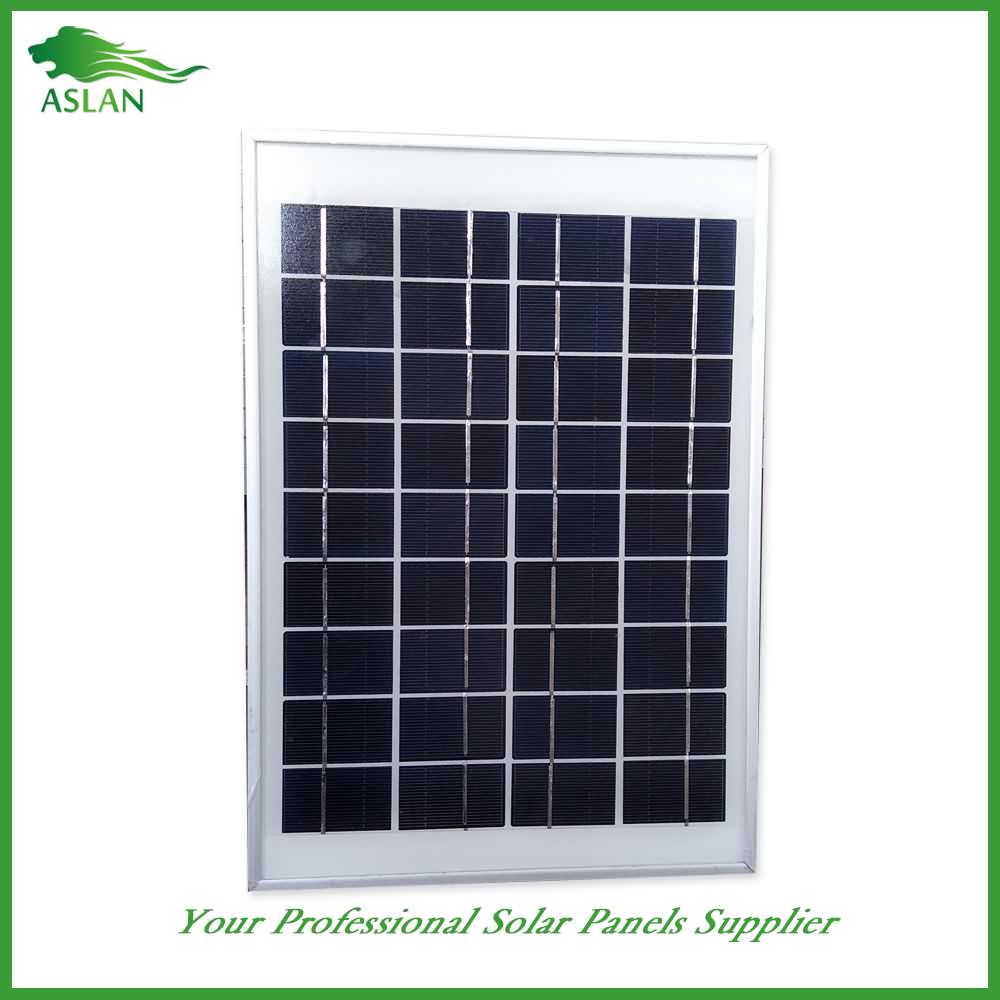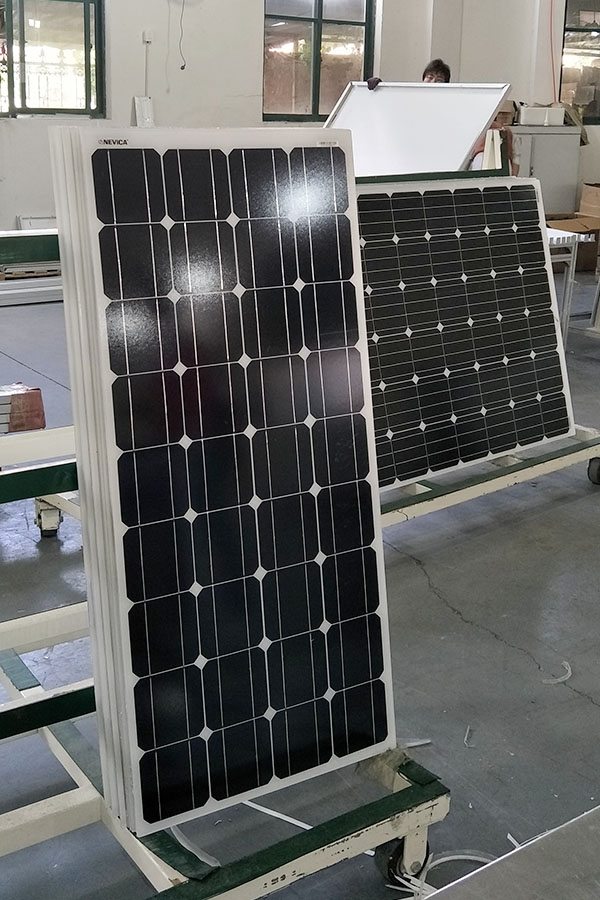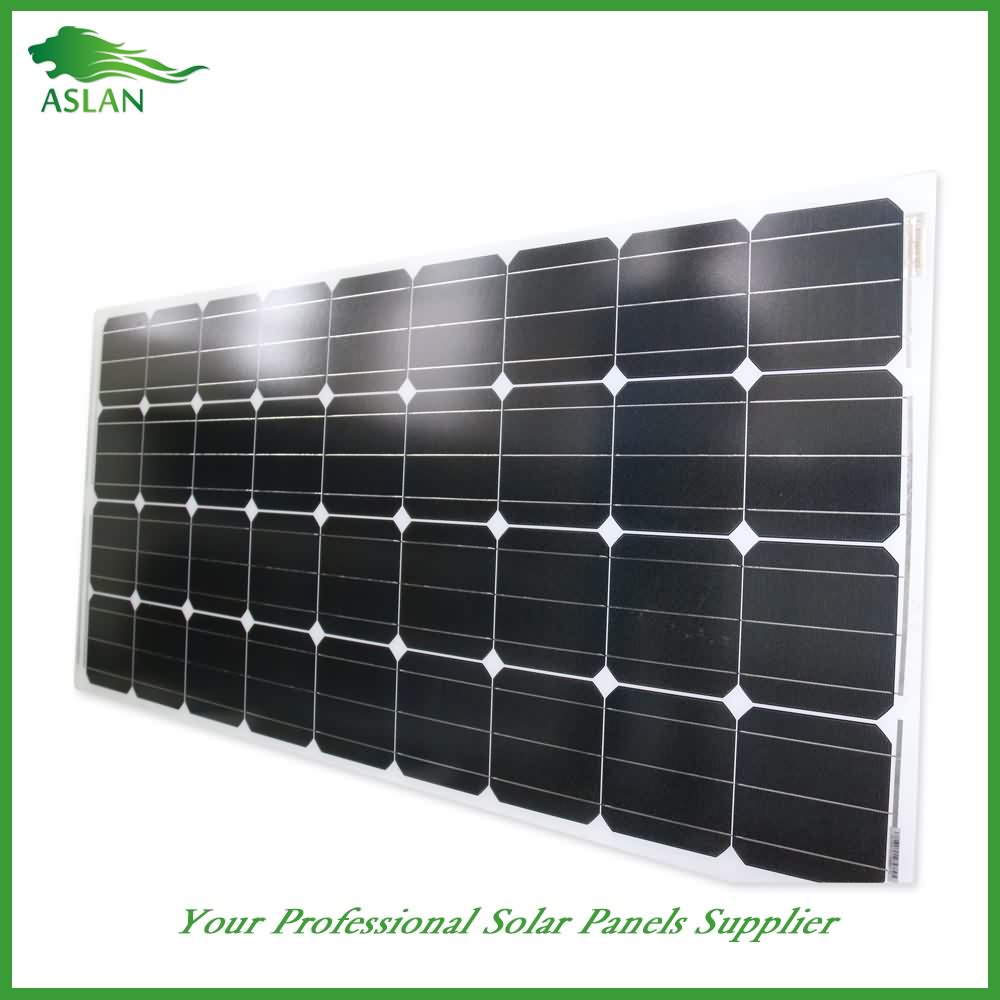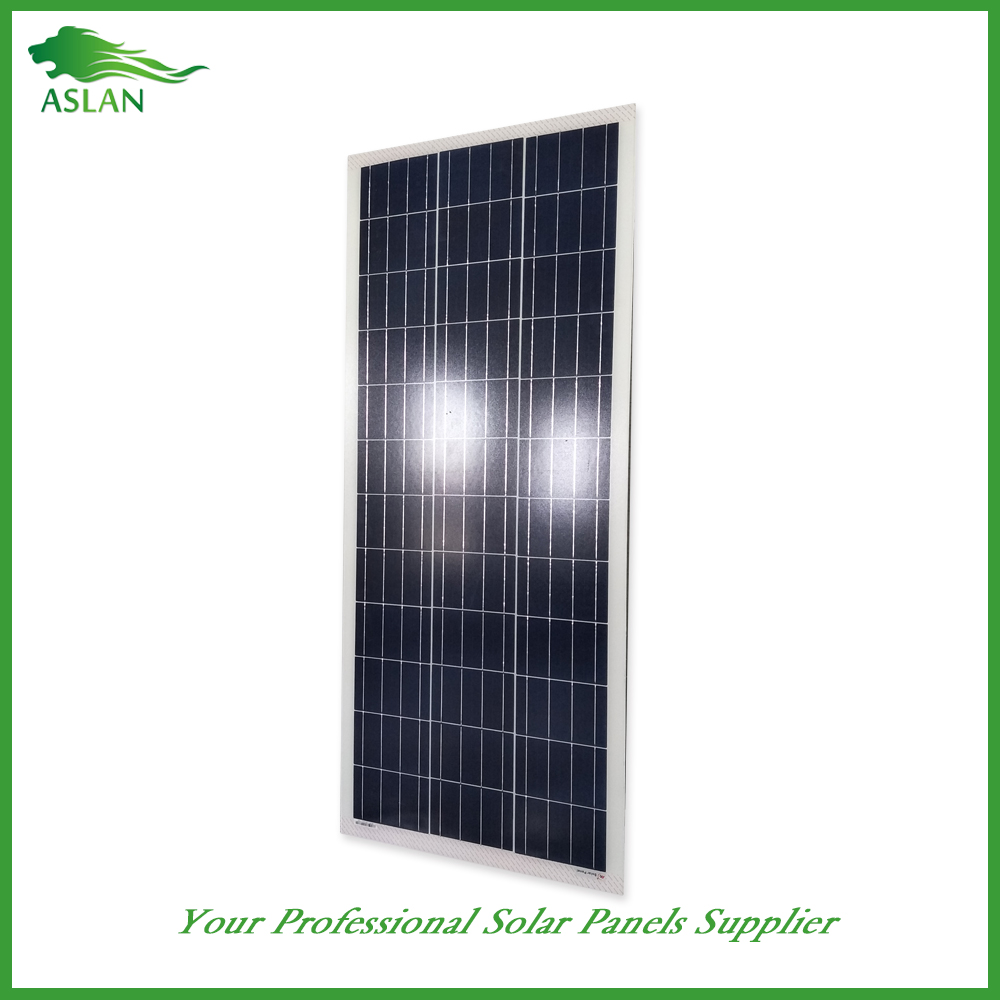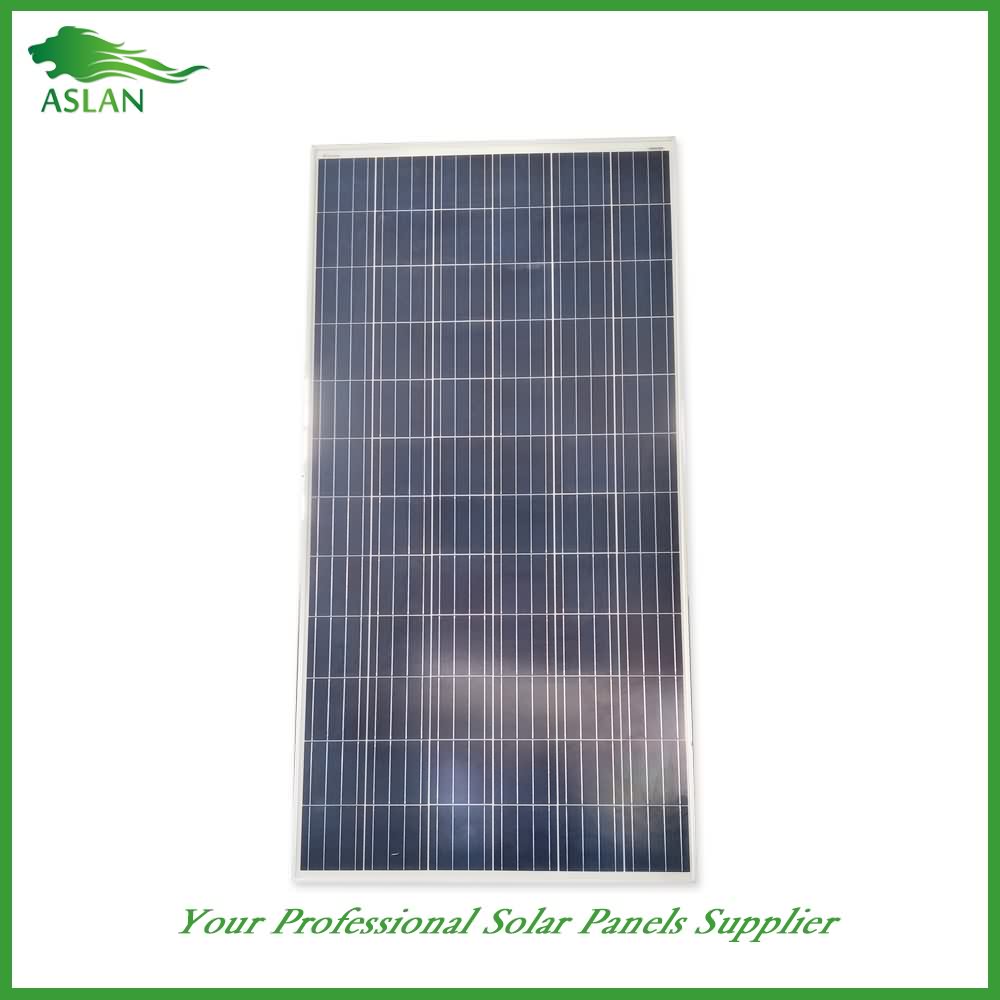Professional China Poly-crystalline Solar Panel 100W Supply to Dominican Republic
Short Description:
With this motto in mind, we have become one of the most technologically innovative, cost-efficient, and price-competitive manufacturers for Professional China Poly-crystalline Solar Panel 100W Supply to Dominican Republic, We stick to providing integration solutions for customers and hope to build long-term, stable, sincere and mutual beneficial relationships with customers. We sincerely look forward to your visit.
Technical parameter
Maximum Power(W) 100W
Optimum Power Voltage(Vmp) 17.87V
Optimum Operating Current(Imp) 5.60A
Open Circuit Voltage(Voc) 21.45V
Short Circuit Current(Isc) 6.17A
Mechanical Characteristics
Cell Type Polycrystalline 156x104mm (6 inch)
No of Cell 36 (4x9pcs)
Dimensions 1120x678x35mm
Weight 9.7KGS
Front Glass 3.2mm,High Transmission, Low Iron,Tempered Glass
Junction box IP65 Rated
Output Cable TUV 1×4.0mm2/UL12AWG,Length:900mm
Temperature and Coefficients
Operating Temperature(°C): -40°C ~ + 85°C
Maximum System Voltage: 600V(UL)/1000V(IEC) DC
Maximum Rated Current Series: 15A
Temperature Coefficients of Pmax: -0.435%
Temperature Coefficients of Voc: -0.35%
Temperature Coefficients of Isc: 0.043%
Nominal Operationg Cell Temperature (NOCT): 47+/-2°C
Materials of solar panel
1).Solar Cell——Polycrystalline solar cell 156*52mm
2).Front Glass——-3.2mm, high transmission, low iron, tempered glass
3).EVA——-excellent anti-aging EVA
4).TPT——-TPT hot seal made of flame resistance
5).Frame——anodized aluminum profile
6).Junction Box——-IP65 rated, high quality, with diode protection
Superiority: high quality anodized aluminum frame, high efficiency long life, easy installation, strong wind resistance, strong hail resistance.
Features
1. High cell efficiency with quality silicon materials for long term output stability
2. Strictly quality control ensure the stability and reliability, totally 23 QC procedures
3. High transmittance low iron tempered glass with enhanced stiffness and impact resistance
4. Both Poly-crystalline and Mono-crystalline
5. Excellent performance in harsh weather
6. Outstanding electrical performance under high temperature and low irradiance
Quality assurance testing
Thermal cycling test
Thermal shock test
Thermal/Freezing and high humidity cycling test
Electrical isolation test
Hail impact test
Mechanical, wind and twist loading test
Salt mist test
Light and water-exposure test
Moist carbon dioxide/sulphur dioxide
bơm chìm 60w bằng tấm pin năng lượng mặt trời 55w mono chạy trực tiếp từ tấm pin không cần acquy , mình có bán 2 loại này tại Sóc Trăng liện hệ 0973525562 (Hậu) hoặc vào đây đặt hàng phí ship rất rẻ mà giao hàng rất nhanh http://mall.shopee.vn/shop/#shopid=6194651
Solar cells seize up to 40 p.c much more electricity when they can observe the sunshine across the sky, but conventional, motorized trackers are much too large and cumbersome for most rooftops. Now, by borrowing from kirigami, the ancient Japanese artwork of paper cutting, researchers at the College of Michigan are building photo voltaic cells that may broaden efficiency although reducing the pounds.
Max Shtein, an Affiliate Professor of Components Science and Engineering worked with paper artist Matthew Shlian, a lecturer in the school of artwork and structure, and developed an array of smaller photo voltaic cells that can tilt inside of a more substantial panel, retaining their surfaces much more perpendicular to the sun’s rays. By planning an array that tilts and spreads aside when the sun’s rays are coming in at lessen angles, they raise the efficient area that is soaking up daylight.
Though the group attempted much more complicated patterns, the simplest pattern worked ideal. With cuts like rows of dashes, the plastic pulled aside into a standard mesh. In accordance to the team’s simulations of photo voltaic electric power era for the duration of the summer months solstice in Arizona, it is almost as great as a conventional solitary-axis tracker, giving a 36 p.c improvement over a stationary panel.The structure with the extremely ideal photo voltaic-tracking assure was extremely hard to make at U-M since the photo voltaic cells would be extremely extensive and slender. Scaling up to a feasible width, the cells turned much too extensive to suit into the chambers utilized to make the prototypes on campus, so the group is looking into other possibilities.
“We imagine it has significant probable, and we’re actively pursuing reasonable applications,” mentioned Shtein. “It could finally minimize the value of photo voltaic electric power.”
The paper on this do the job is titled “Dynamic kirigami constructions for built-in photo voltaic tracking.” The examine was funded by the National Science Basis and NanoFlex Electrical power Corporation.
The College of Michigan has used for a patent and is trying to get associates to deliver the technologies to market.
About the Professor:
Max Shtein, Affiliate Professor of Components Science and Engineering, focuses on the science, processing, and software of useful natural and hybrid components for electronics / optoelectronics, together with lights, shows, photovoltaic and thermal electricity conversion devices. His do the job brings together arduous pc modeling validated by experiments, spanning basic and used study matters.
http://www.mse.engin.umich.edu/individuals/mshtein
Observe further MichEpedia video clips or be part of the discussion at http://www.engin.umich.edu/mconnex/michepedia
